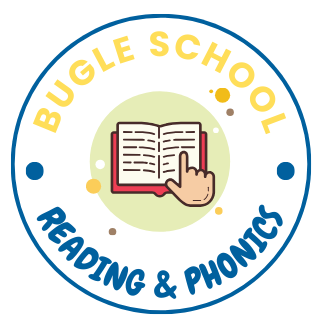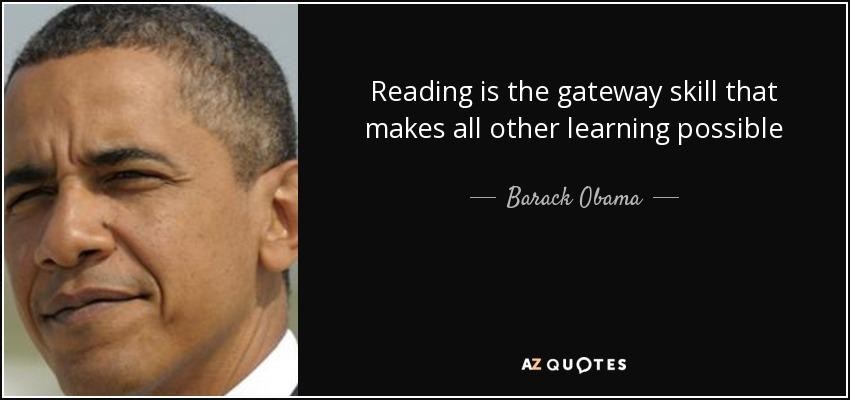Phonics
At Bugle School we follow the Read Write Inc (RWI) program of phonics teaching. Each child in reception and Year 1, has a daily, minimum 20 minute phonics lesson, followed by a 20 minute reading session following the teaching sequence. In Yr2, children access a balance of both phonic and spelling punctuation and grammar (SPAG) lessons based on their individual needs and attainment. Reception and KS1 children are either taught as a whole class or sometimes put into small groups, based on regular assessments so that children’s learning needs are accurately matched to the correct provision. Small phonic sessions or interventions are delivered by teaching assistants and overseen by the class teacher, to provide complimentary teaching.
Sessions are lively, fast-paced and fun. In a session, children are taught either phonemes/digraphs/trigraphs, high frequency and/or tricky words and these are consolidated through reading and writing. There are lots of opportunities to speak and listen, as well as to read and write the sounds.
At the end of Yr 1 children have to take the national Phonics Test which tests children’s phonic knowledge. Here, they are required to read real and nonsense words, applying the skills they have learnt. Ideally children will have completed and consolidated Phase 5 during Yr 1 and Phase 6 during Yr 2, so that they can focus more on higher-level comprehension using increasingly challenging texts. Any child that does not complete the phonics programme will continue learning phonics throughout Yr 3/4 during interventions.


